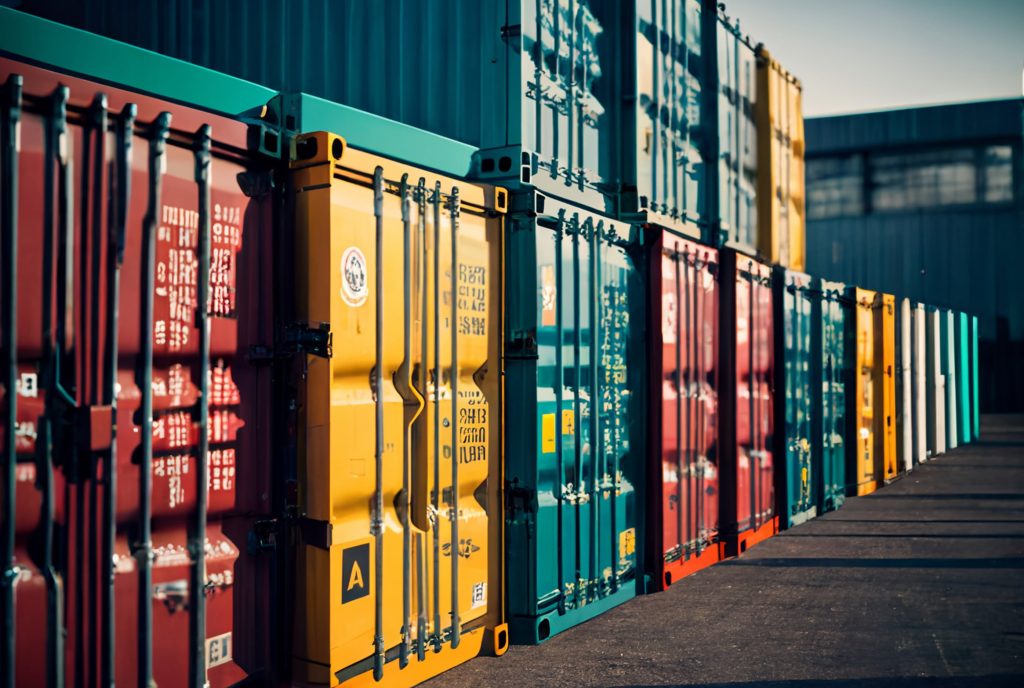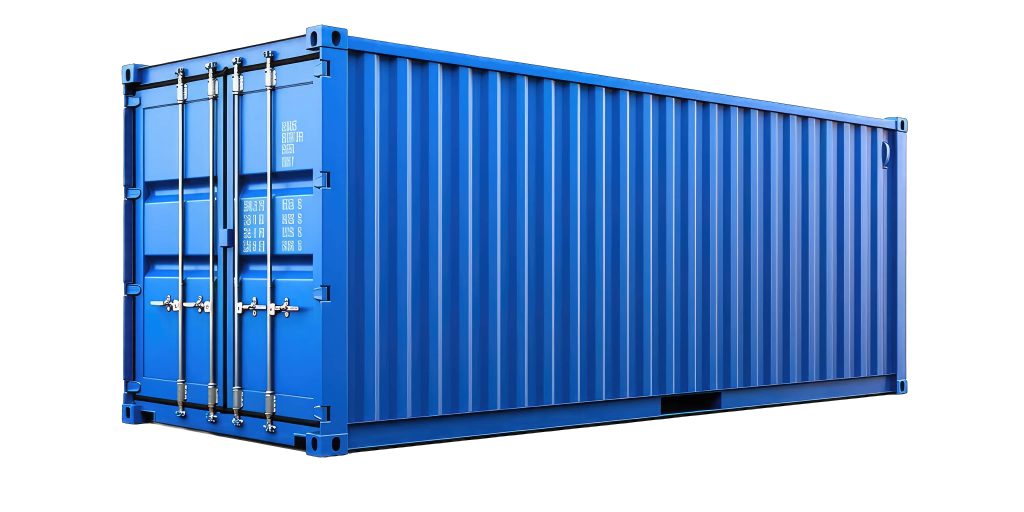If someone asked you to identify the hero of the supply chain, you’d probably cite aspects like carriers, distribution centers, or perhaps even third-party logistics providers (3PLs). Of course, all of these entities are certainly valuable to the global supply chain. However, one contributor is often taken for granted: shipping containers.
The shipping container is versatile, capable of being stacked on oceanic carriers, transported via train, or loaded on the back of semi trucks for last-mile distribution. They can fit a wide range of goods, from pallets of smaller products to entire vehicles, keeping them safe from the elements as they travel thousands of miles toward their final destinations.
Let’s take a closer look at why shipping containers are the unsung heroes of the supply chain.
1. Standardization

While there are several different shipping container sizes, each unit type has standardized dimensions. By standardizing shipping container dimensions, the logistics industry overcame international collaboration hurdles, allowing carriers, distributors, and shippers from around the globe to exchange goods with ease.
The advent of shipping containers meant that goods could, for the first time, be loaded and transported efficiently. This uniformity allows containers to be transferred between different modes of transport, from ships to trucks to trains, without needing to unpack and repack the cargo.
2. Enhanced Security
Shipping containers also offer exceptional security and protection from the elements. Once locked and sealed, they are less susceptible to tampering and theft than traditional shipping methods.
Furthermore, their sturdy construction protects the content from water, wind, and other elemental factors. This means that your electronics, clothes, or food items are more likely to reach customers in the same condition they were in when they left the factory.
3. Cost-Effectiveness

Shipping containers are incredibly cost-effective, too. They reduce loading and unloading costs, as well as the costs associated with damaged goods.
These savings translate to lower shipping costs for your business—savings that you can pass on to the consumer. In a global economy, the ability to transport goods inexpensively and efficiently across long distances is extremely valuable.
4. Global Trade Support
By simplifying and streamlining the transportation process, shipping containers have effectively shrunk the world. They have made it feasible to transport goods swiftly across continents and oceans.
Emerging economies have taken advantage of shipping containers to participate in the global market. This added participation creates new opportunities for your business to diversify and strengthen its supply chain, all thanks to these rugged metal boxes.
5. Improved Efficiency
One of the most obvious benefits of shipping containers is the improved efficiency they offer. Imagine, for instance, that you had to pay for loading and unloading services at every exchange point in the supply chain. This would drastically increase shipping times and drive up costs, both of which are bad for business.
Fortunately, shipping containers accelerate the flow of goods along the supply chain, allowing you to receive orders in days and get them routed to end users. Improving supply chain efficiency through shipping containers also condenses your cash conversion cycle.
6. Versatility
Beyond their primary purpose of transporting goods, shipping containers have found a second life in various innovative applications. They are being repurposed into homes, offices, pop-up shops, and even swimming pools. This versatility doesn’t just reflect their longevity but also showcases human ingenuity in recycling and repurposing materials.
7. Goods Consolidation

Shipping containers are additionally great for consolidating goods. You can keep your shipments together throughout the shipping process, minimizing the risk of cross-contamination with products that could potentially damage your order.
Goods consolidation also makes life a whole lot easier for logistics personnel, distributors, and shippers. In particular, it allows them to monitor your order’s journey across the entire supply chain.
Shipping Containers: A Linchpin of Modern Supply Chains
The shipping container’s contribution to efficiency, security, cost-effectiveness, global trade, and environmental sustainability cannot be overstated. The next time you see one of these metal boxes, take a moment to appreciate the immense impact they have on your business and the daily lives of consumers around the globe. They are the building blocks of international trade and the unsung heroes of the supply chain.





